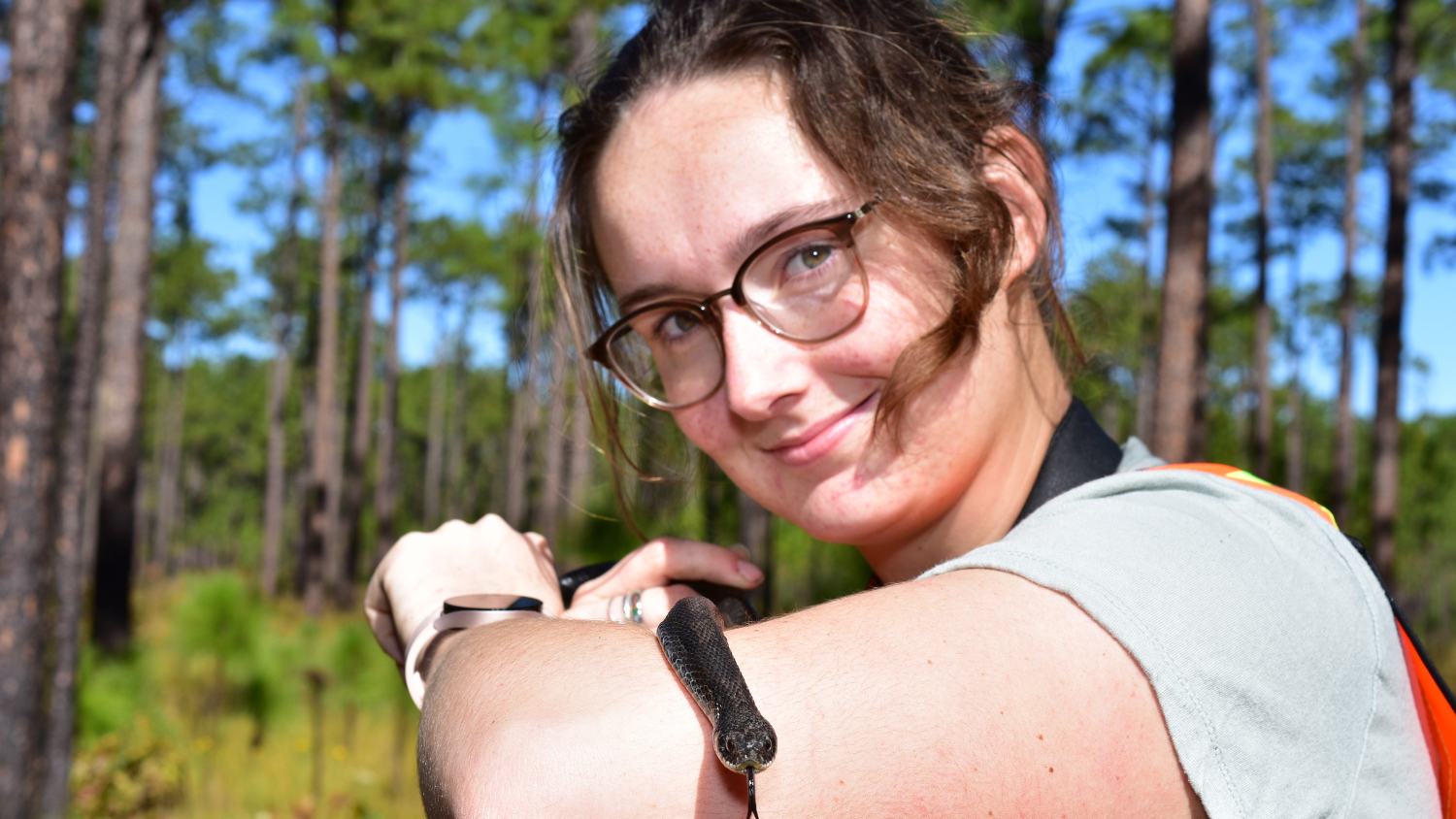NC State College of Natural Resources Partners with College of Education to Offer Minor in Environmental Education

Undergraduate students in the NC State College of Education will have an opportunity to minor in environmental education for the first time this spring thanks to a collaboration with the NC State College of Natural Resources.
The College of Education’s Department of STEM Education partnered with the College of Natural Resources’ Department of Parks, Recreation and Tourism Management to offer the environmental education minor to students interested in building environmental literacy among K-12 students as well as adult learners.
“The partnership with the College of Natural Resources is an outstanding way for us to reach our goals of educating students about science as well as education,” said Gail Jones, Ph.D., Alumni Distinguished Graduate Professor of science education. “Our partners in the College of Natural Resources have worked closely with our college to make sure students have a comprehensive experience that crosses departments and majors.”
The creation of the environmental education minor stemmed from a 2016 summit hosted by College of Natural Resources Environmental Educator Renee Strnad and College of Natural Resources Director of Recruitment and Student Engagement Tiffany McClean.
The pair partnered with Jones and created a long-term vision for the collaboration, which included an interdisciplinary minor that would give students an opportunity to complete the North Carolina Environmental Education Certification Program upon graduation.
“This minor provides STEM students with the opportunity to increase their knowledge of the complex issues that we face in educating youth and adults about the environment,” Jones said. “The interdisciplinary nature of this minor will help STEM students gain a more sophisticated understanding of the interdisciplinary issues.”
Students interested in minoring in environmental education must take two required courses — EMS 350: Teaching Methods in Environmental Education through the College of Education and PRT 385: Environmental Education in Practice through the College of Natural Resources– as well as nine credit hours of electives.
Following the development of these new courses, Jones said she hopes to continue working with Strnad and McClean to develop graduate courses as well.
- Categories:


